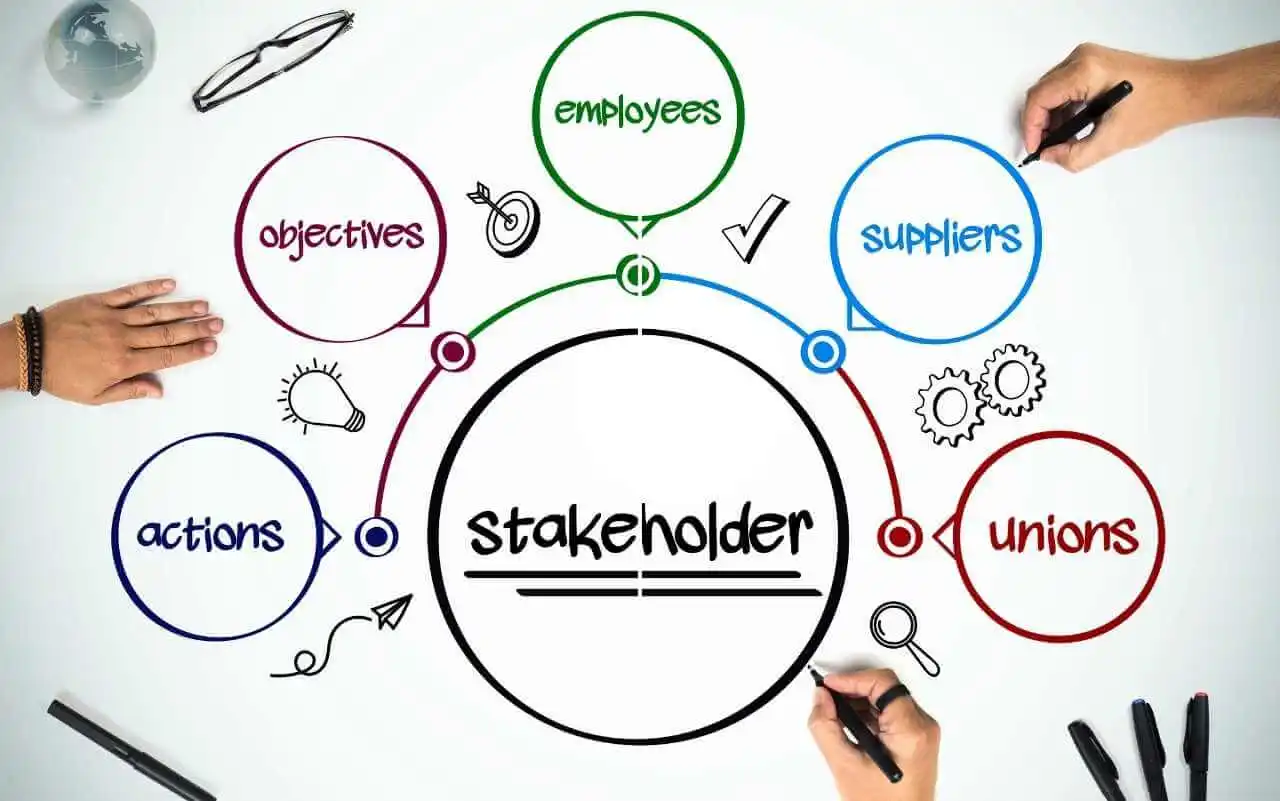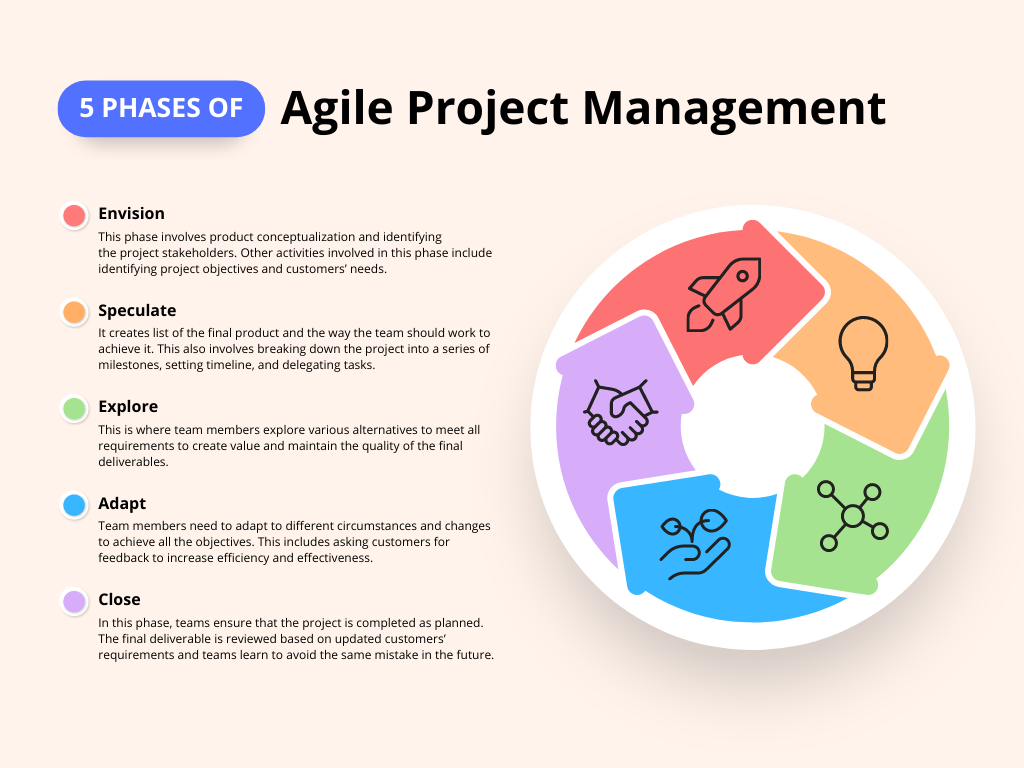Getting certified as a project manager is a great way to position yourself as a professional and expert in the industry. The PMP certification exam is the leading professional exam for project managers.
To succeed, many have found adequate preparation very useful. In this article, we highlight the essential resources and steps for excelling at the PMP certification exam in the first sitting. Let’s get right into it.
What is the PMP Certification Exam?
The PMP or Project Management Professional certification exam is a recognized credential all over the world by the Project Management Institute. This credential is one of the most respected certifications for professionals in the business of project management.
This certification exam is designed to evaluate the knowledge, skills, and expertise of a project manager in leading and executing projects efficiently. It proves to the world that the individual who has been certified is qualified and competent to successfully plan, implement, monitor, control, and finish projects.
Here are other things to know about the PMP certification exam –
- Candidates must have education and professional project management experience to be eligible to take the PMP certification exam. The requirements may vary based on the educational background of the candidate.
- The PMP certification exam is a computer-based test that assesses the candidate’s knowledge of the five major stages of project management. These are initiating, planning, executing, monitoring and controlling, and closing.
- The PMP certification exam covers a wide aspect of project management, including time management, project scope, cost management, risk management, etc. The questions require candidates to apply their knowledge to real-world project scenarios.
- After being certified, PMP credential holders are required to earn professional development units and renew their certification every three years. This is to demonstrate their commitment to ongoing professional development.

Prerequisites for Taking the PMP Certification Exam
The prerequisite qualifications for taking the PMP certification exam include the following –
- Education:
- A minimum of 4500 hours of project management experience if the candidate has a 4-year degree, with an additional 35 hours of project management education/training.
- A minimum of 7500 hours of project management experience if the candidate has a high school diploma or an equivalent. And an additional 35 hours of project management education/training.
- Project management experience:
This should be gained within the last 8 years before applying for the exam. In that time span of 8 years, the individual should have led and directed several projects.
- Project management education/training
A 35-hour requirement must be completed by candidates before they take the PMP certification exam. This requirement can be carried out in different methods which may be formal courses, workshops, online training, etc.
- Application process:
Candidates need to submit an application to the Project Management Institute for review and approval before scheduling the PMP exam. This application must entail your experience and education level in project management. After the information has been verified and approved, you will then be able to schedule the exam.
The PMP Certification Exam Syllabus
The PMP Certification exam Syllabus is set into domains, which represent different areas of project management. These domains include:
- Domain 1. This domain focuses on the people in the project team. It talks about establishing a project team, defining the roles and responsibilities, how to motivate team members, how to manage conflicts, and building a positive team culture.
- Domain 2. Here, the focus is the project process. Defining the objectives and the scope of the project, creating and executing the project plan, monitoring and controlling project work, as well as closing the project.
- Domain 3. This domain revolves around evaluating organizational structure. Under this domain, questions address how to identify and analyze external factors affecting the project, how to identify compliance requirements, and assessing the project’s benefits and value to the organization.
- Domain 4. This domain focuses on the process that brings together various project management knowledge areas and ensures that all aspects of the project are coordinated effectively.
- Domain 5. This final domain centers on identifying stakeholders, understanding their needs, and managing their expectations throughout the project lifecycle to ensure project success and satisfaction from the stakeholder.
Steps to Prepare for the PMP Certification Exam

- Check Eligibility
- Choose study materials
- Have a timetable
- Understand the PMP exam format
- Master the PMP exam Syllabus.
- Take a PMP training course
- Try PMP Exam Prep workshops
- Attempt practice questions
Essential Resources You Need to Prepare for PMP Certification Exam
- Official PMBOK Guide (the project management body of knowledge)
- PMP exam prep books
- Online PMP exam preparation courses
- Practice exams and simulators
- Study guides
- PMP study groups and forums
- Video tutorials or/and webinars
- Online resources from PMI
- Study plan and tracker
Wrapping Up
Preparing for the PMP certification exam requires time and effort, no doubt. Bear in mind that the credibility and quality of the resources you choose will impact your preparations, so always make use of verified or reputable study materials.
By following the help enlisted in this guide, you increase your chances of passing the PMP certification exam and becoming a certified project manager.







